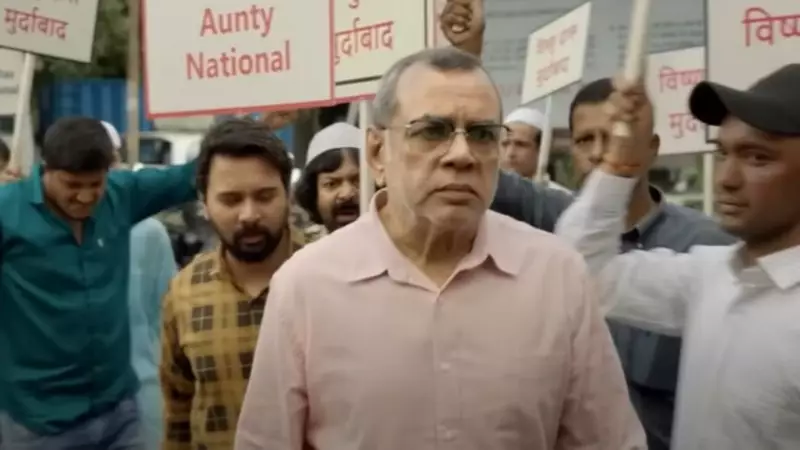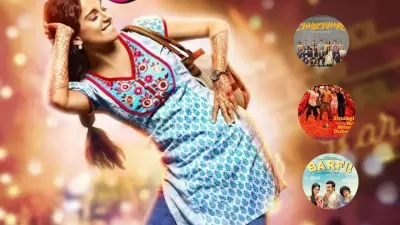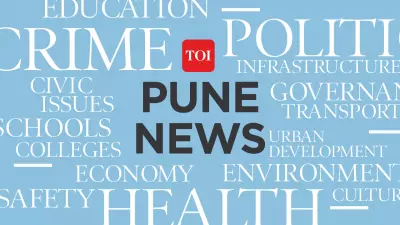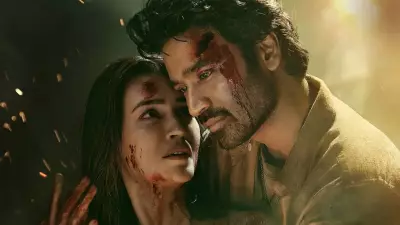
Veteran Bollywood actor and BJP MP Paresh Rawal has ignited a political firestorm with his controversial comments about conducting a DNA test on the Taj Mahal, bringing the monument's 22 sealed rooms into sharp focus during election season.
The Explosive Election Rally Remarks
During a recent election campaign speech, Rawal made headlines with his provocative statement suggesting that if the BJP returns to power, they might conduct a DNA test of the iconic Taj Mahal. The actor-politician didn't stop there, raising questions about the 22 mysterious rooms within the monument that have remained closed to the public for decades.
Historical Context: What Are These 22 Rooms?
The Taj Mahal, one of the Seven Wonders of the World, has long been subject to various theories and controversies. Among the most persistent mysteries are the 22 basement rooms that have been sealed shut, fueling speculation and conspiracy theories about their contents and purpose.
Archaeological Survey of India (ASI) officials have maintained that these rooms are merely part of the foundation structure and contain nothing of historical or religious significance. However, various right-wing groups have claimed these sealed chambers might contain evidence of Hindu temple remains.
Political Fallout and Public Reaction
Rawal's comments have triggered widespread condemnation from opposition parties and historical conservationists alike. Critics argue that such statements represent an attempt to rewrite history and polarize voters along religious lines during the crucial election period.
Social media platforms have been flooded with reactions, with many users expressing outrage while others supporting Rawal's right to question historical narratives. The controversy has once again highlighted how historical monuments often become political footballs during election seasons in India.
Bollywood's Political Voice
This isn't the first time Paresh Rawal, known for his powerful performances in numerous Bollywood films, has courted controversy with his political statements. As a sitting MP, his comments carry significant weight and reflect the increasing intersection between Bollywood personalities and active politics in contemporary India.
The timing of these remarks, coming during heated election campaigning, suggests a strategic political narrative rather than mere historical inquiry. Political analysts suggest such controversies are designed to mobilize specific voter bases and dominate news cycles.
Conservation vs. Controversy
Heritage conservation experts have expressed concern that repeated political controversies surrounding historical monuments could damage India's rich cultural legacy. The Taj Mahal, attracting millions of tourists annually, represents not just architectural brilliance but also India's soft power on the global stage.
As the debate rages on, the fundamental question remains: should historical monuments be subjected to modern political agendas, or should they be preserved as apolitical symbols of national heritage?
The controversy shows no signs of abating, with the Taj Mahal once again finding itself at the center of India's complex cultural-political landscape.





